The End of the Last Emperor: Exploring the Place of Emperor Chongzhens Death
As a brilliant dynasty in Chinese history, the Ming Dynasty's ultimate fate is indeed lamentable. Emperor Chongzhen, the last emperor of the Ming Dynasty, lived a life filled with challenges and tragedy. Today, we delve into a historical mystery surrounding Emperor Chongzhen: Where did he actually die?

Emperor Chongzhen, also known as Zhu Youjian, was the 17th emperor of the Ming Dynasty. During his reign, he faced both internal and external turmoil, including economic difficulties, continuous peasant rebellions, and the threat of the Qing army. Despite Emperor Chongzhen's efforts to reform and save the declining Ming Dynasty, the situation had already become irreversible.
On the eve of the Ming Dynasty's collapse, Beijing City was overrun by peasant rebels led by Li Zicheng. In the chaos, various theories emerged regarding Emperor Chongzhen's ultimate fate. One of the most popular theories is that Emperor Chongzhen chose to hang himself in Coal Mountain (now within Jingshan Park) during the fall of Beijing. This theory is supported by numerous historical records, including the official history of the Ming Dynasty and other unofficial histories.
The theory that Coal Mountain was the site of Emperor Chongzhen's death has its historical basis. According to historical records, after Beijing City was overrun, Emperor Chongzhen attempted to flee the city with a few trusted aides, but the city gates were closed, preventing their escape. In despair, he returned to the palace and ultimately chose to end his life. Coal Mountain, a solitary hill near the imperial palace, became the final resting place of his life.
However, there are other theories about the location of Emperor Chongzhen's death. Rumors claim that he was not hanged but killed in the chaos of battle. However, these theories lack conclusive evidence and are not widely accepted in academic circles.
In addition to the controversy surrounding the location of his death, there are also discrepancies in the timing of Emperor Chongzhen's demise. Some historical records indicate that he committed suicide on the day peasant rebels entered Beijing, while others suggest he died several days later. Despite these differences in timing, it is generally believed that he died during the period of the Ming Dynasty's collapse.
In conclusion, while there are some controversies surrounding the details of Emperor Chongzhen's death, most historical records tend to agree that he hanged himself in Coal Mountain after the fall of Beijing. His death marked the official end of the Ming Dynasty and was an important turning point in the history of Chinese feudal dynasties. Historians and enthusiasts continue to study and discuss the life and death of this last emperor in order to more accurately reconstruct that tumultuous period of history.
Disclaimer: The above content is sourced from the internet and the copyright belongs to the original author. If there is any infringement of your original copyright, please inform us and we will delete the relevant content as soon as possible.
Guess you like it

Wei Ran: A discerning politician of the Warring States period
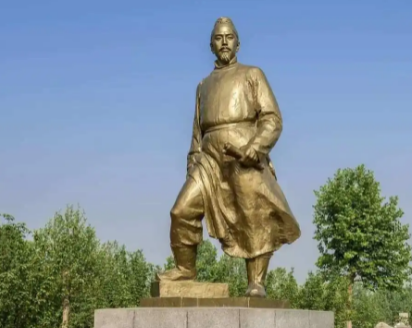
Li Chun: The outstanding contribution of the bridge builder in the Sui Dynasty
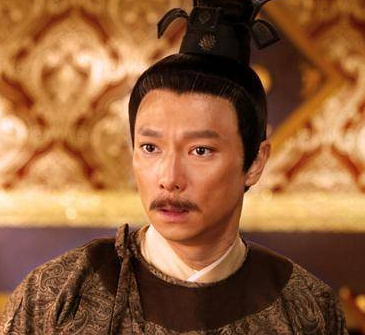
Emperor Wen of Sui abolished Crown Prince Yang Yong: a history filled with love and political intrigue.
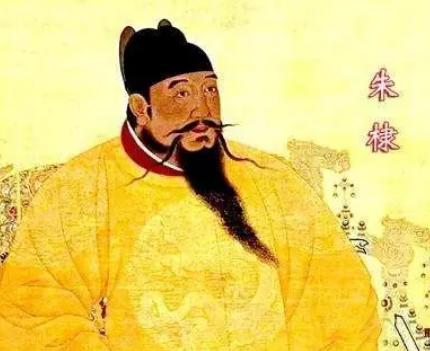
How many concubines were buried alive with Zhu Di? Who are they?
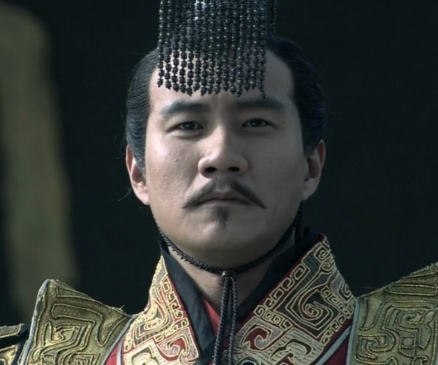
The Pursuit of History: Exploring the Authenticity of the King of Wu
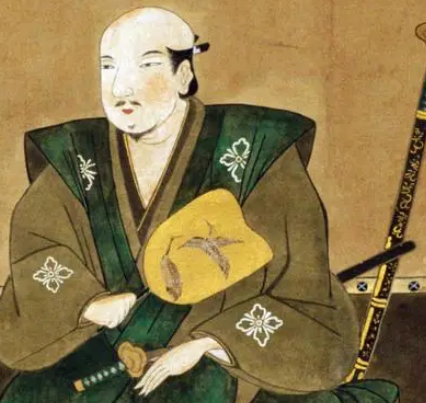
The Shift of Warring States: An Analysis of Takeda Shingens Strategic Consideration for Not Rescuing Takatenjin Castle
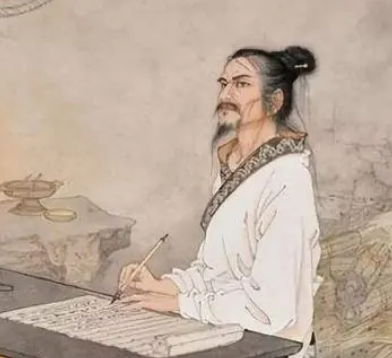
Is there a relationship between Zuo Qiuming and Confucius? What is the relationship?
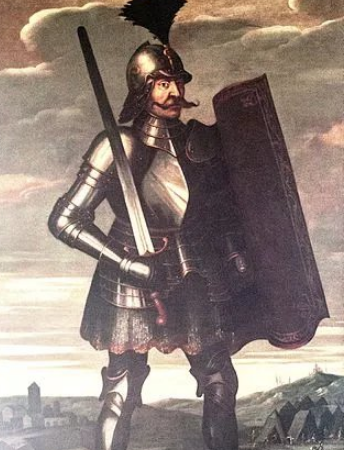
Hunyadi: The Rise of the Hungarian National Hero
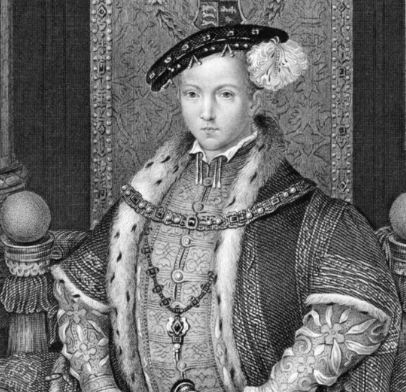
Was Edward VI a good king? What are the controversial aspects?
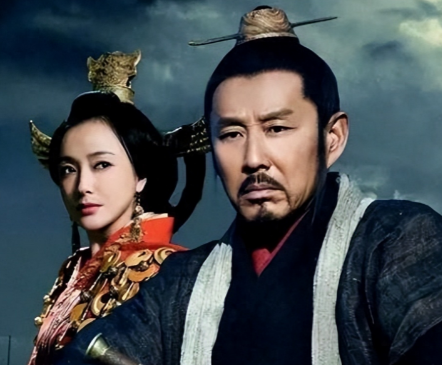
Exploring the Origin of Liu Bang and Lv Zhis Marriage through Historical Anecdotes









